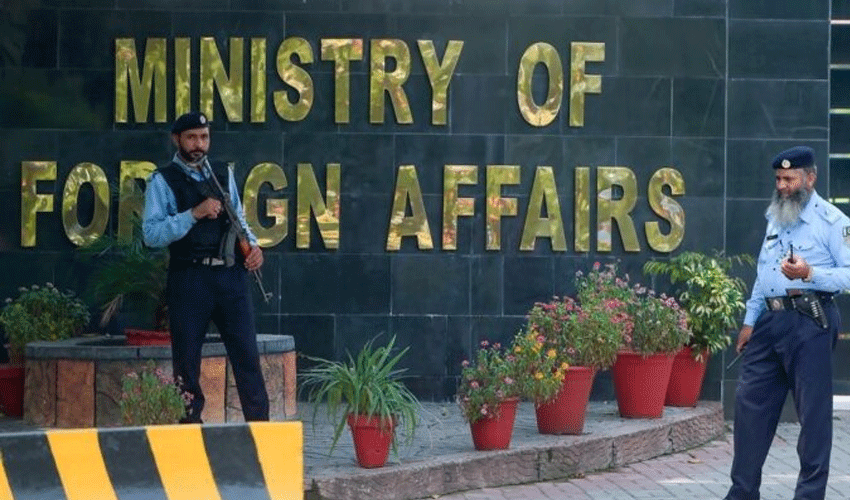The Supreme Court of Pakistan ruled on Wednesday that the dismissal of a widow from employment due to her remarriage constituted gender discrimination and violated constitutional guarantees.
According to details, the court stated that widows were entitled to employment, dignity, equality, and autonomy, just like all other citizens.
The apex court issued a written judgment on the rights of widows. Justice Mansoor Ali Shah of the Supreme Court authored the five-page judgment. The court posed a central question in the judgment: whether relief work granted to a widow could be lawfully terminated upon her remarriage.
The judgment referenced a similar matter heard previously in the Zahida Parveen case.
The court held that the measures adopted against married daughters in that case were declared unconstitutional.
It asserted that, under Article 25 of the Constitution of Pakistan, all citizens remained equal before the law.
The Supreme Court stated that the identity of a widow should not be associated with her husband and emphasised that financial autonomy formed a fundamental part of a woman’s constitutional identity.
The court further held that an office memorandum did not apply to the second marriage of a man whose wife had died.
It found the dismissal of a widow through such a memorandum following her remarriage to be a violation of the Constitution.
The court observed that such policies infringed the fundamental rights of women and were contrary to international human rights treaties.
According to the written judgment, widowhood must not be interpreted as a sign of deprivation or lower social status for a woman. T
he court affirmed that a widow deserved equal respect and rights like any other citizen.
In its General Post Office decision, the court declared the Prime Minister's relief package unconstitutional.
However, it stated that the decision did not apply to the present case and was intended solely for future instances, leaving previous appointments unaffected.
The court saw no reasonable grounds to interfere in the decision of the Lahore High Court and dismissed the appeal filed by the Chief Commissioner, Regional Tax Officer, Bahawalpur.
The case pertained to Shaheen Yousaf, whose husband had served as an employee of the Income Tax Department. He died during service in February 2006.
Following his death, the widow received employment under the Prime Minister's Relief Package.
Her services were terminated by the Federal Board of Revenue through an order issued in January 2016. The termination was based on an office memorandum dated 15 December 2015, which stipulated that a widow would become ineligible for the relief job upon remarriage.
Shaheen Yousaf filed a petition with the Lahore High Court against the FBR’s decision.
The Lahore High Court accepted the petition and reinstated her employment.
The Regional Tax Office subsequently filed an appeal against this decision, which the Supreme Court ultimately dismissed.


























